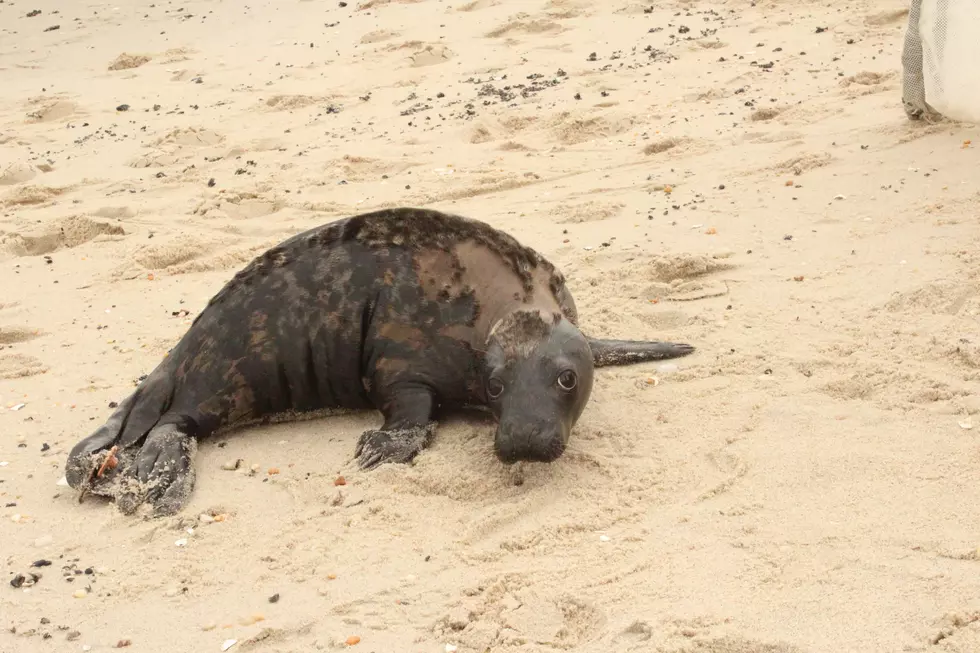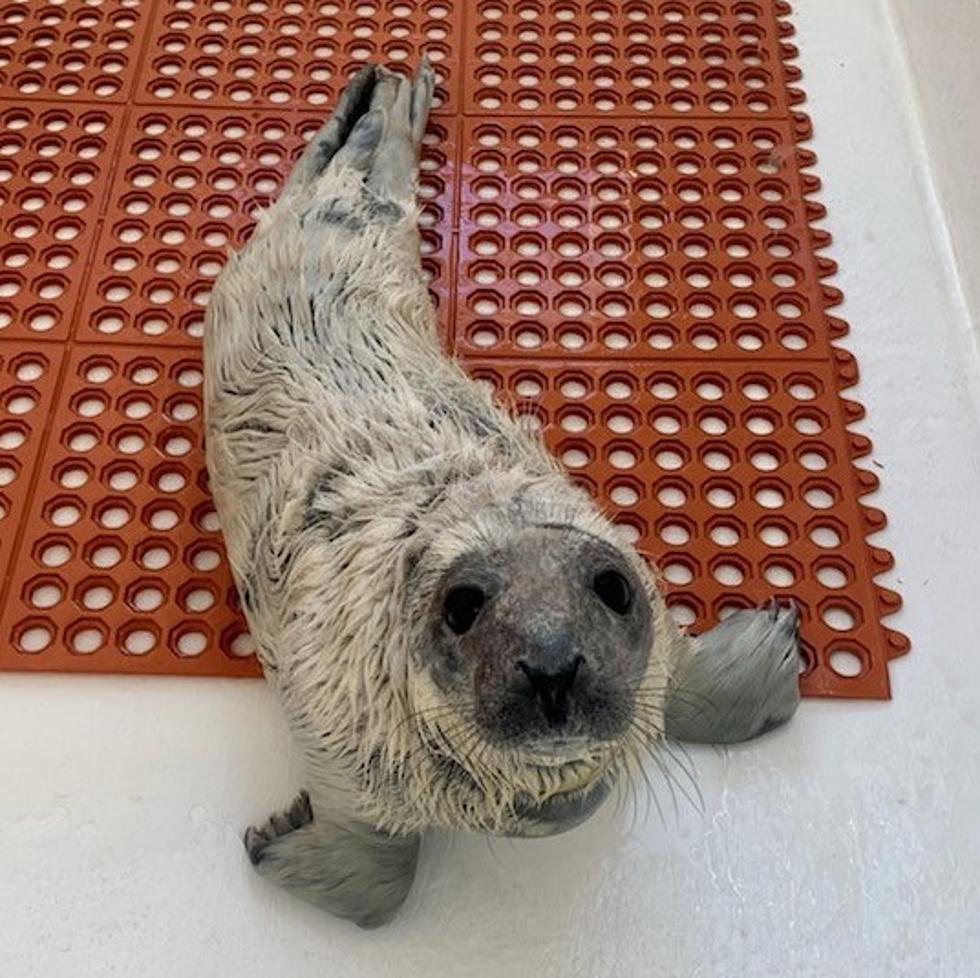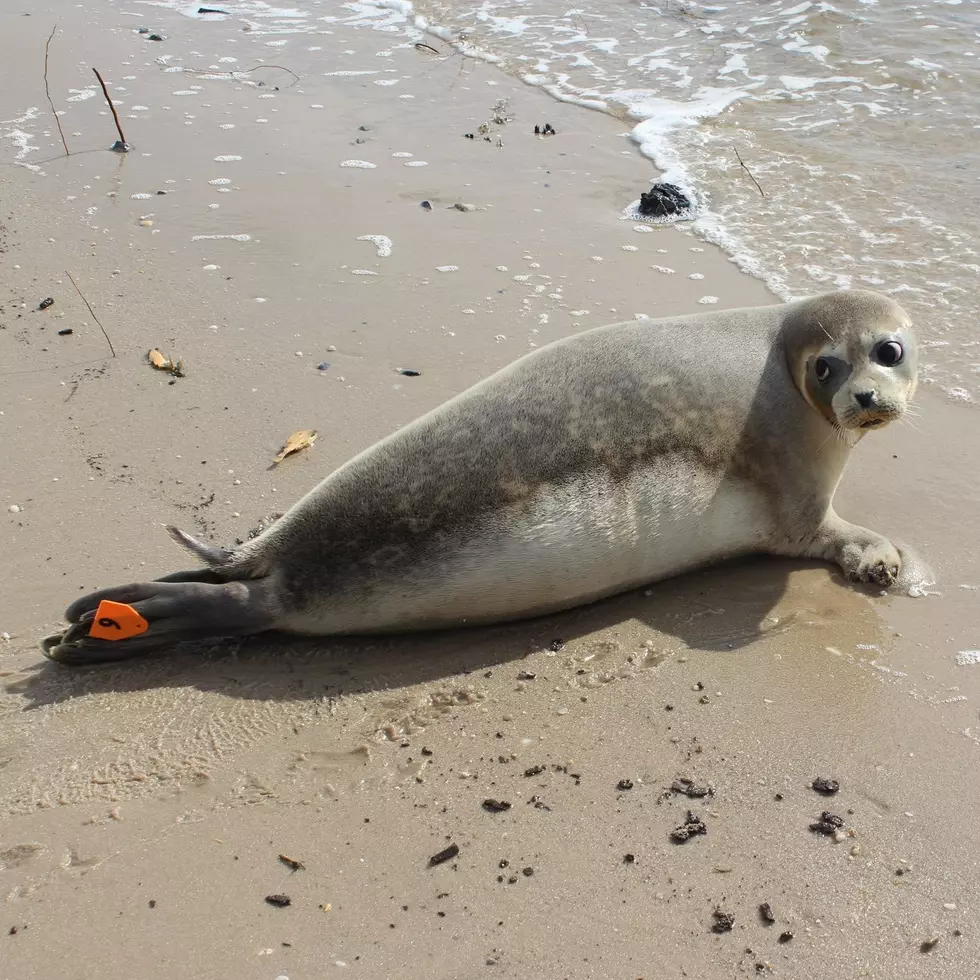
Seals are coming to Jersey Shore beaches. Don’t touch them
Just as birds like to migrate south for the winter, seals are migrating from the frosty waters of New England to warmer temperatures. Many are already taking up residence at the Jersey Shore.
Bob Schoelkopf, founding director of the Marine Mammal Stranding Center in Brigantine, said the seals can lay out in the sun on the beach and take a break from swimming. There is still a lot of food in the ocean off the Jersey Shore for the seals can feed off of all winter long.
He said for the most part, people don't bother the seals when they are on the beaches, just hanging out.
So far in 2020, seals have been spotted at Island Beach State Park and on the beaches in Brielle. But Schoelkopf said Sandy Hook is the best place to see the seals without bothering them -- specifically Skull Island. Many people like to use binoculars to get a good look at the animals without disturbing them.
Quite often this winter, seals will come out of the water, lay on the beach, trying to warm up and dry up a little bit after their feeding. But Schoelkopf said people get nervous because they've never seen seals before, and immediately think something is wrong.
Schoelkopf warned the first rule of thumb is: "Don't touch the seal. Don't approach it." Keep your distance so the seal does not get chased back into the water. If the seal is injured, it could die.
Next, he said, call the Marine Mammal Stranding Center immediately and let it know the location of the seal. The center has a 24/7 hotline at 609-266-0538.
He said if you can, take a photo from a distance. Even from a distance, the center experts can tell the species of the seal. They can look at its posture and tell if it's sleeping, healthy or in distress.
While it's tough to say how many seals the Marine Mammal Stranding Center plans to tend to this year, in 2019, it handled roughly 91 reported seals on the beaches. Of those, 56 seals were alive when the center found them on the beach. Some died of natural causes, others from shark bites and propeller strikes.
"This is a good time when the weather's mild to walk the beaches. If you see a seal, give us a call," Schoelkopf said." Even if you think it's healthy, we don't mind the call, just as long as you verify it with a photo."
The seals should stick around until at least April or May.
More from New Jersey 101.5:
More From New Jersey 101.5 FM









